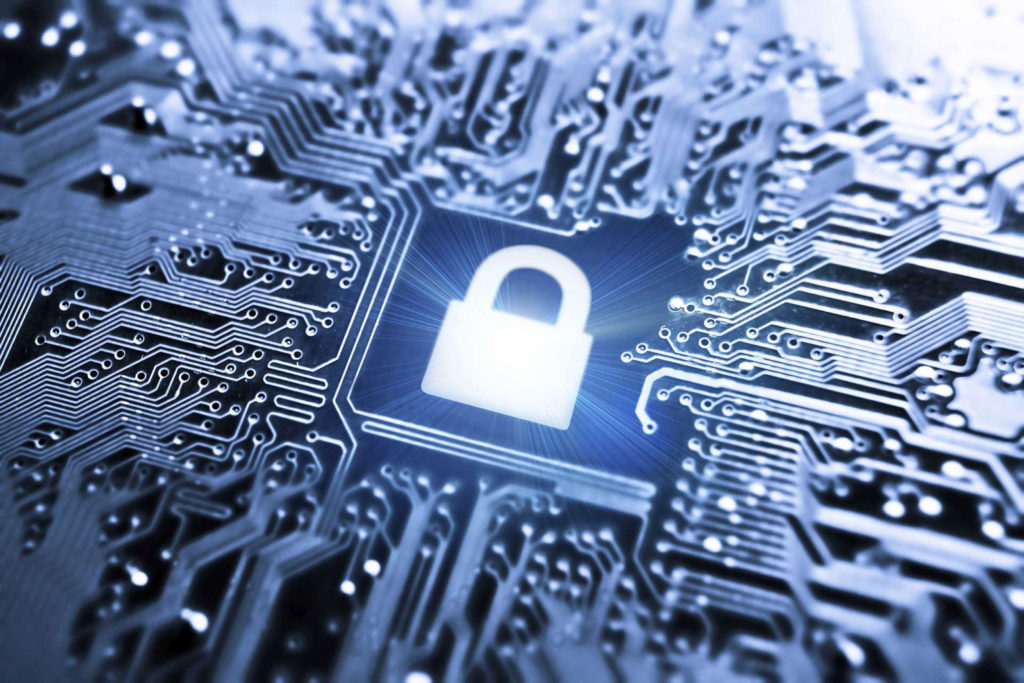Security professionals may be well aware that there are two necessary approaches to tackle security vulnerabilities – proactive network security and reactive network security – but many organizations focus more on the reactive than the proactive. The end result: enterprises end up with a lot more needless problems on their hands than if they were to have simply put some proactive measures in place.
What Is A Proactive Network Approach?
Proactive approaches to network security are any measure which are taken with one goal in mind: preventing network-based or host-based attacks from being able to successfully compromise their system.
Most modern organizations do recognize the importance of taking a proactive approach and do dedicate some resources to prevent the expensive damages that can occur if a preventative measures are not taken. For example, a bank will have cameras set up and facing their ATMs machines after hours so that they can both record and deter theft as well as help identify any perpetrators.
Businesses can now offer that same level of protection virtually through a number of different tools, such as:
- Security traffic analysis: This gives you insight as to who is visiting your network, why they are visiting it and when they are visiting it.
- Network security analysis: Through network security analysis you are able to monitor your network for flaws which may permit outsiders to view or intercept what may be sensitive information in your organization.
What Is A Reactive Approach?
As much as a business should have some measures in place to protect their company and prevent any future losses, it is equally important to have a plan in place to respond to any losses when those proactive measures:
- a) Are non-existent; or
- b) Are not effective
Depending on your business and the damage done, the reactive method you choose may differ. Some of the most common include:
- Disaster Recovery Plans
- Reinstalling operating systems and apps on compromised systems
- Switching to alternative systems
- Using private vendors to investigate the issue and help you recover any losses
How To Bolster Your Proactive Network Security Gameplan
Some tools are necessary to ensure that your network remains free and clear of any intruders on a daily basis. But there are several things an organization can do to largely mitigate any security risks. Your first step is to create a security policy. Even if the policy is only one page long, it should clearly list the security practices which everyone in your organization agrees to live by.
Your other step is to lock down any and all mobile devices. Smartphones, tablets and laptops present one of the greatest threats to network security because they are able to plug into other networks and may be exposed to threats. This increases the magnitude of a potential attack by unauthorized cyber attackers, so you need to have a policy in place which states how these devices are to be used and how they will be audited for violations of your security policy (and make sure you perform these audits so that you can identify any vulnerabilities as soon as you can).

1 Comment
Leave a Reply
Cancel reply
Leave a Reply
This site uses Akismet to reduce spam. Learn how your comment data is processed.





















































































































































































ajay
May 27, 2016 at 3:57 am
This is interesting mate, if possible please tell me more about pro active network, thanks for sharing this.